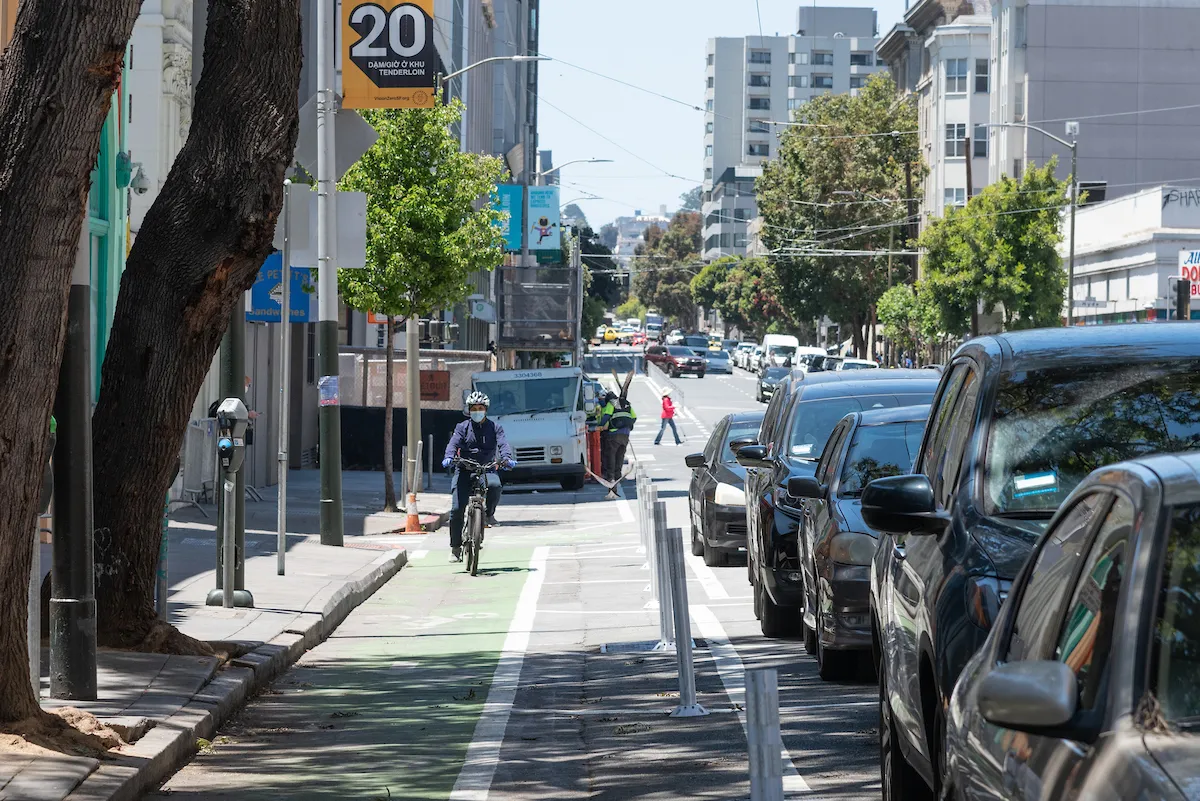WebSafety has launched an app which locks mobile devices in a bid to clamp down on distracted driving.
By Ben Spencer
April 7, 2020
Read time: 1 min

The firm says DriveSafety's driving detection algorithm uses an accelerometer, gyroscope and GPS data to help determine whether the individual is in a moving vehicle.
The device remains locked even once the vehicle has stopped at an intersection, the company adds.
The app can determine when a driver is travelling at excessive speeds or exceeding the speed limit on a street.
Rowland Day, CEO and founder of WebSafety, says: “We are grateful to have the patented solution to stop the deaths, injuries, and property damage that are taking place on the roads and highways every day."









